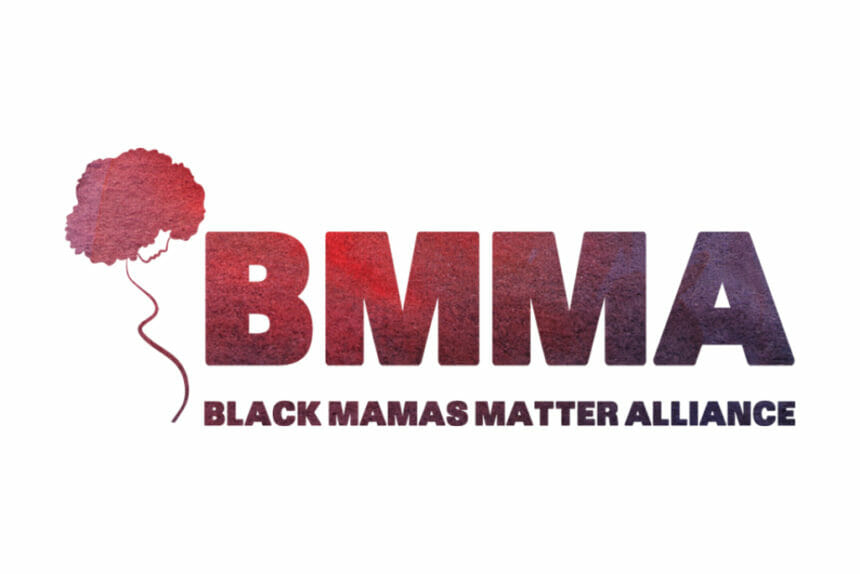From April 11 and April 17, the nation’s attention is focused on racial health disparities related to maternal health and what can be done to fix it.
Throughout Black Maternal Health Week (BMHW), policymakers, advocates and healthcare providers will discuss evidence-based solutions for addressing the disparities.
Running the effort for six years, the Black Mamas Matter Alliance has positioned #BMHW23 to emphasize how policy can impact Black maternal health issues.
Additionally, the campaign seeks to underscore how culturally-congruent health practices that prioritize Black midwives and Doulas can help be a part of the solution.
The Black Mamas Matter Alliance kicked off the weeklong campaign by unveiling its In Policy and Practice initiative, which highlights six overarching policy issues that are essential to maternal health.
These include things like addressing the social determinants of Black maternal health, as well as unpacking the criminalization of Black women, birthing people and families.
The campaign also hosted a virtual policy day rally Wednesday in which lawmakers like Sen. Cory Booker, (D-N.J.), Rep. Lauren Underwood, (D-Illi.), and Rep. Gwen Moore (D-Wisc.) gathered with healthcare providers and advocates to highlight legislative opportunities that could help enact structural change.
“As we reckon with the upending of Roe v. Wade and the relentless attacks against reproductive rights and bodily autonomy, this year’s Black Maternal Health Week campaign speaks to our strength, power and resilience, and our unassailable right to live freely, safely and joyfully,” Angela Aina, co-founder and executive director of the Black Mamas Matter Alliance, said in a statement.
The organization’s policy agenda is “both the culmination and continuation of the work being led by our alliance partners to end the maternal health crisis in the U.S.,” she added.
The agenda is meant to provide sound, evidence-based policy recommendations that would “genuinely support and advance the Black maternal and perinatal workforce.”
Part of #BMHW23 also involves a partnership with Baby Dove, which includes the Black Birth Equity Fund that will provide Black mothers with financial access to doula services.
Several organizations and lawmakers took to Twitter using the hashtag #BMHW23 to shed light on the issue that has disproportionately affected the Black community.
“Decades of segregation and racism must be met with decades of investment in Black lives,” tweeted Rep. Cori Bush, (D-Mo.)
According to the Centers for Disease Control and Prevention (CDC), most pregnancy-related deaths are preventable, though hundreds of people die each year during pregnancy or within the year after giving birth.
In addition, Black women are three times more likely to die from pregnancy-related issues than white women, partially driven by unequal healthcare, structural racism and underlying chronic conditions.
Data has long shown that community-based doulas, or trained professionals who provide emotional and physical support during pregnancy, can improve health outcomes and reduce childbirth complications.







